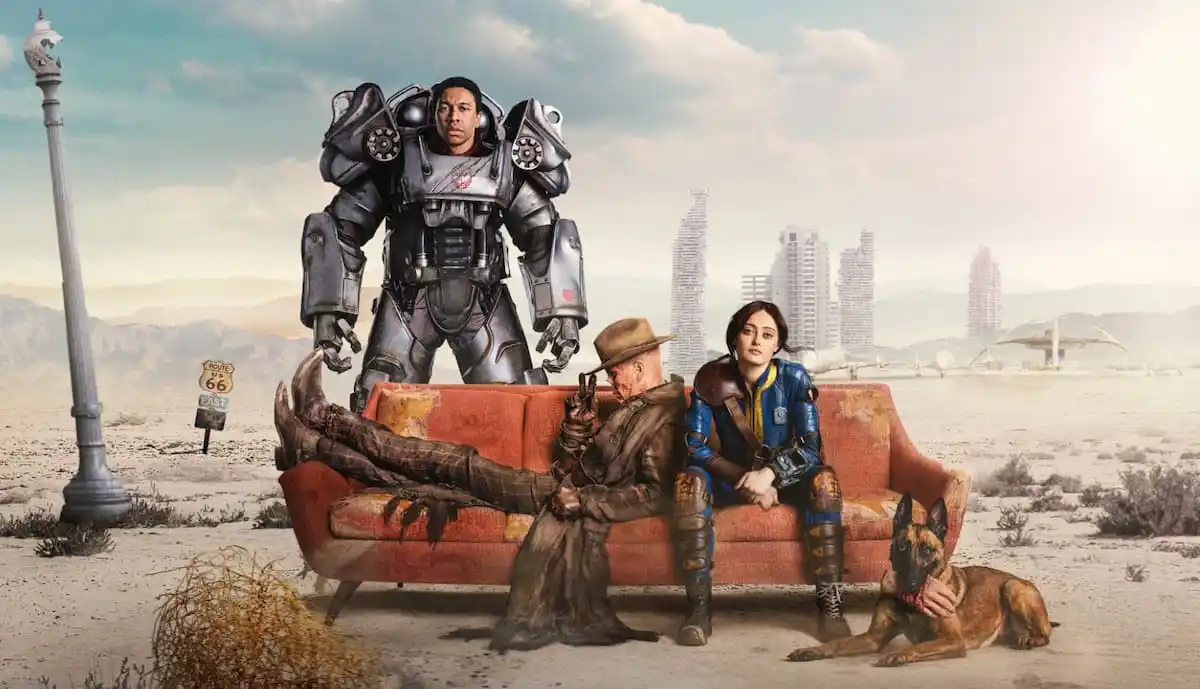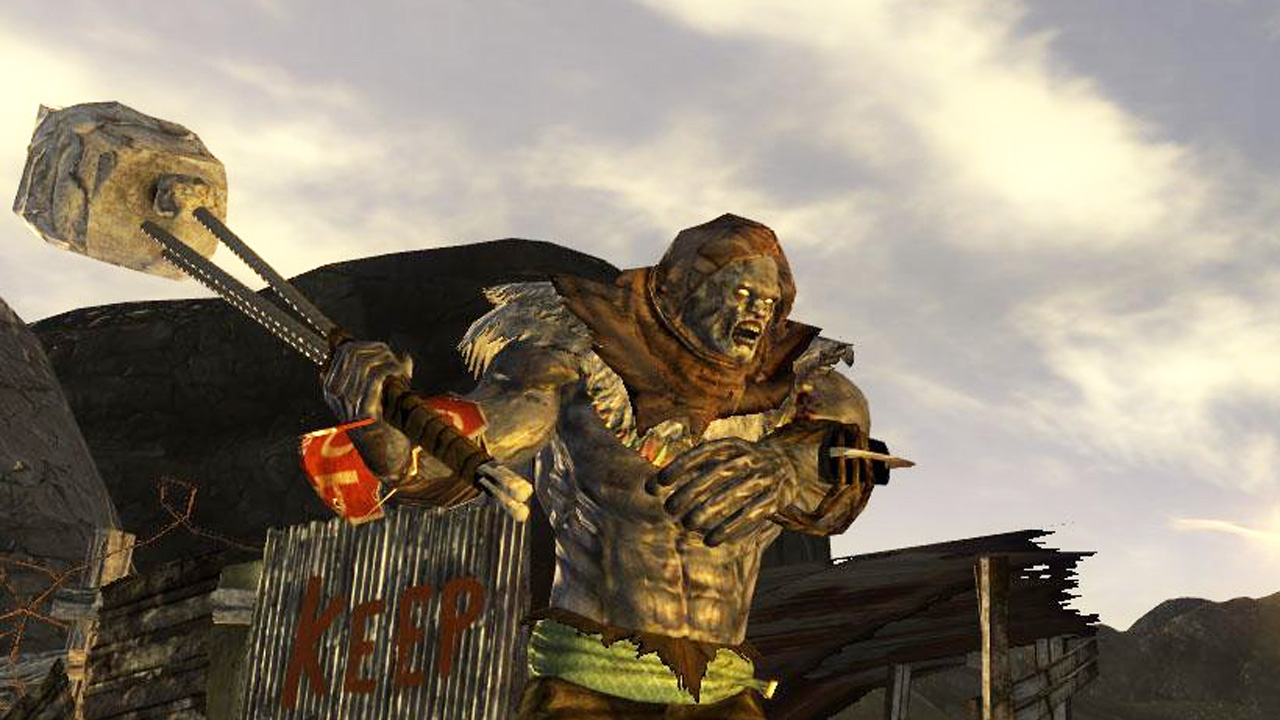It’s been just over a week since the release of Prime Video’s Fallout TV series adaptation, and the show has already been renewed for a second season.
This really isn’t all that surprising, considering how well-received the first season was. The show tells a brand new story set in the Wasteland, following protagonist Lucy — played by Yellowjackets’ Ella Purnell — as she leaves Vault 33 in search of her father after their Vault gets attacked by raiders led by a woman known as Moldaver. The show is very much considered canon in the Fallout timeline as well, and is set after the events of Fallout 4, making it the latest chronological entry in the series.
Despite introducing a whole new cast of characters and story elements, the show was still able to capture the essence of Fallout with its trademark humor and snark, and even push the narrative forward in interesting ways. There are still quite a few loose ends and unanswered questions at the end of season 1, and we’re hoping that the second season will take things to the next level as well.
Fallout is now available to stream on Prime Video.





